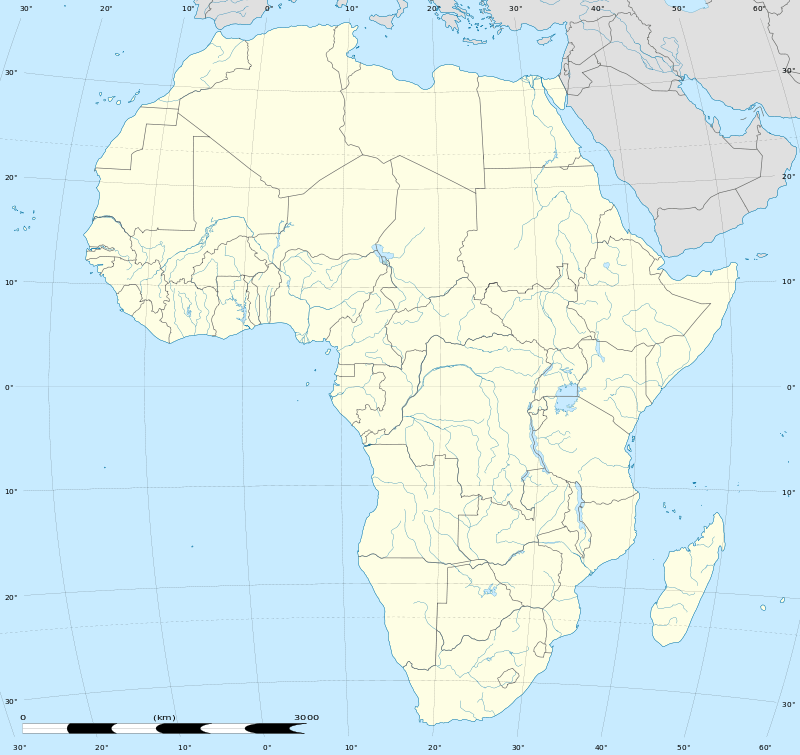Coffee Bay
| Coffee Bay Koffiebaai | |
|---|---|
|
Coffee Bay | |
 Coffee Bay  Coffee Bay  Coffee Bay
| |
| Coordinates: 31°59′10″S 29°08′50″E / 31.98611°S 29.14722°ECoordinates: 31°59′10″S 29°08′50″E / 31.98611°S 29.14722°E | |
| Country | South Africa |
| Province | Eastern Cape |
| District | O.R.Tambo |
| Municipality | King Sabata Dalindyebo |
| Established | 1874 |
| Area[1] | |
| • Total | 0.64 km2 (0.25 sq mi) |
| Population (2011)[1] | |
| • Total | 258 |
| • Density | 400/km2 (1,000/sq mi) |
| Racial makeup (2011)[1] | |
| • Black African | 73.0% |
| • Coloured | 3.5% |
| • White | 20.8% |
| • Other | 2.7% |
| First languages (2011)[1] | |
| • Xhosa | 65.5% |
| • English | 22.9% |
| • Afrikaans | 7.4% |
| • Other | 4.3% |
| PO box | 5082 |
| Area code | 047 |
Coffee Bay (Afrikaans: Koffiebaai) is a small town situated on the Wild Coast of the Eastern Cape Province of South Africa. It is located about 250 kilometres south of the city of Durban[2] and has a population of 258 people.[3]
The town is named after the hundreds of coffee trees which grew from beans either scattered by a shipwreck or by plunderers.[4] A holiday resort in Tembuland is located 80km south-east of Viedgesville. It can be reached via a turn-off from the N2 highway.
The Mthatha River has its mouth near Coffee Bay.[5]
References
- 1 2 3 4 "Main Place Coffee Bay". Census 2011.
- ↑ "Ship sinking in rough seas". The Milwaukee Journal. 4 August 1991. Retrieved 7 February 2011.
- ↑ Fitzpatrick, Mary; Armstrong, Kate (2006). South Africa, Lesotho & Swaziland. Lonely Planet. p. 287. ISBN 1-74059-970-5.
- ↑ "Dictionary of Southern African Place Names (Public Domain)". Human Science Research Council. p. 120.
- ↑ Mthatha River System - 2008
External links
This article is issued from Wikipedia - version of the 9/22/2016. The text is available under the Creative Commons Attribution/Share Alike but additional terms may apply for the media files.

.svg.png)